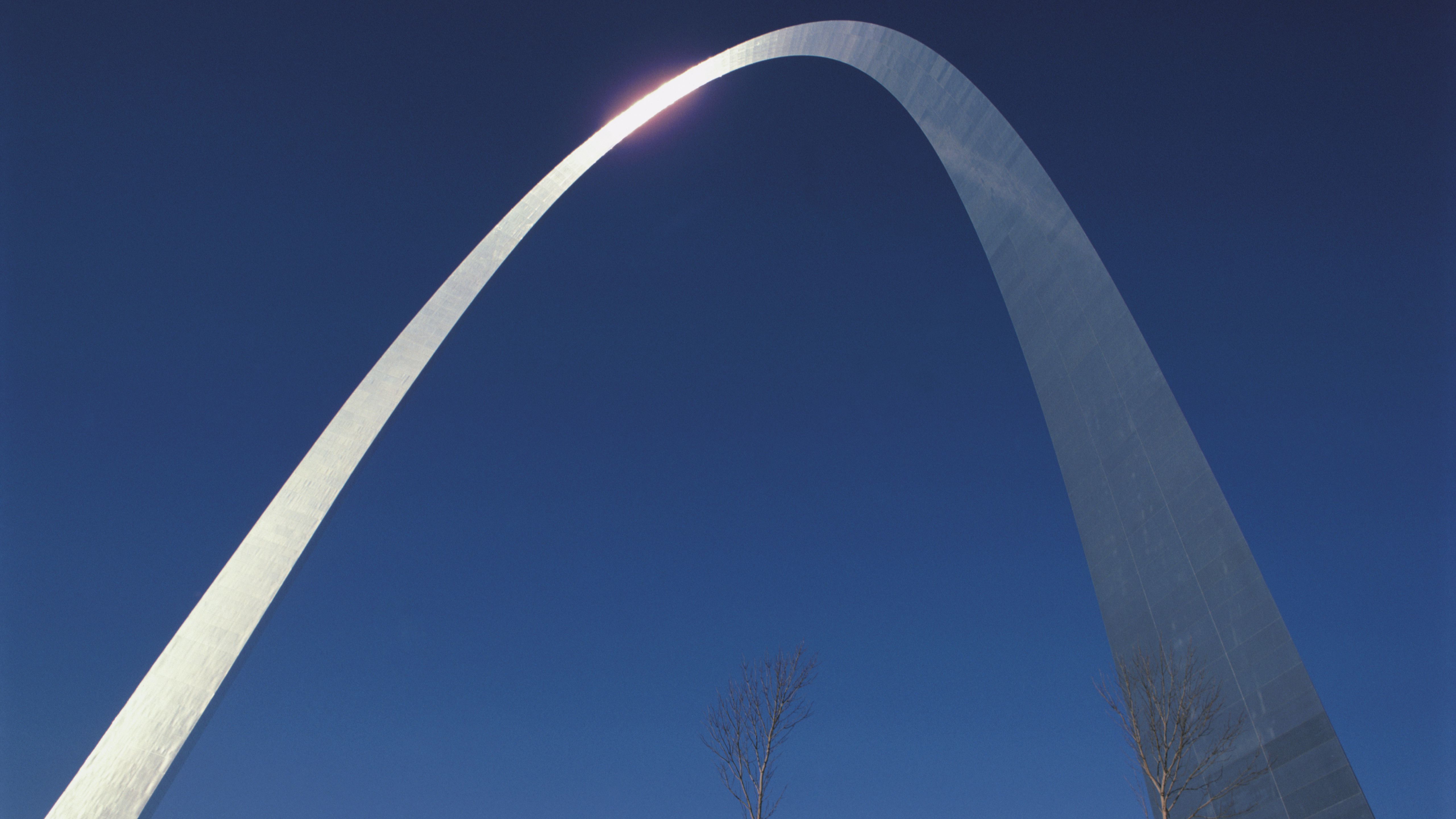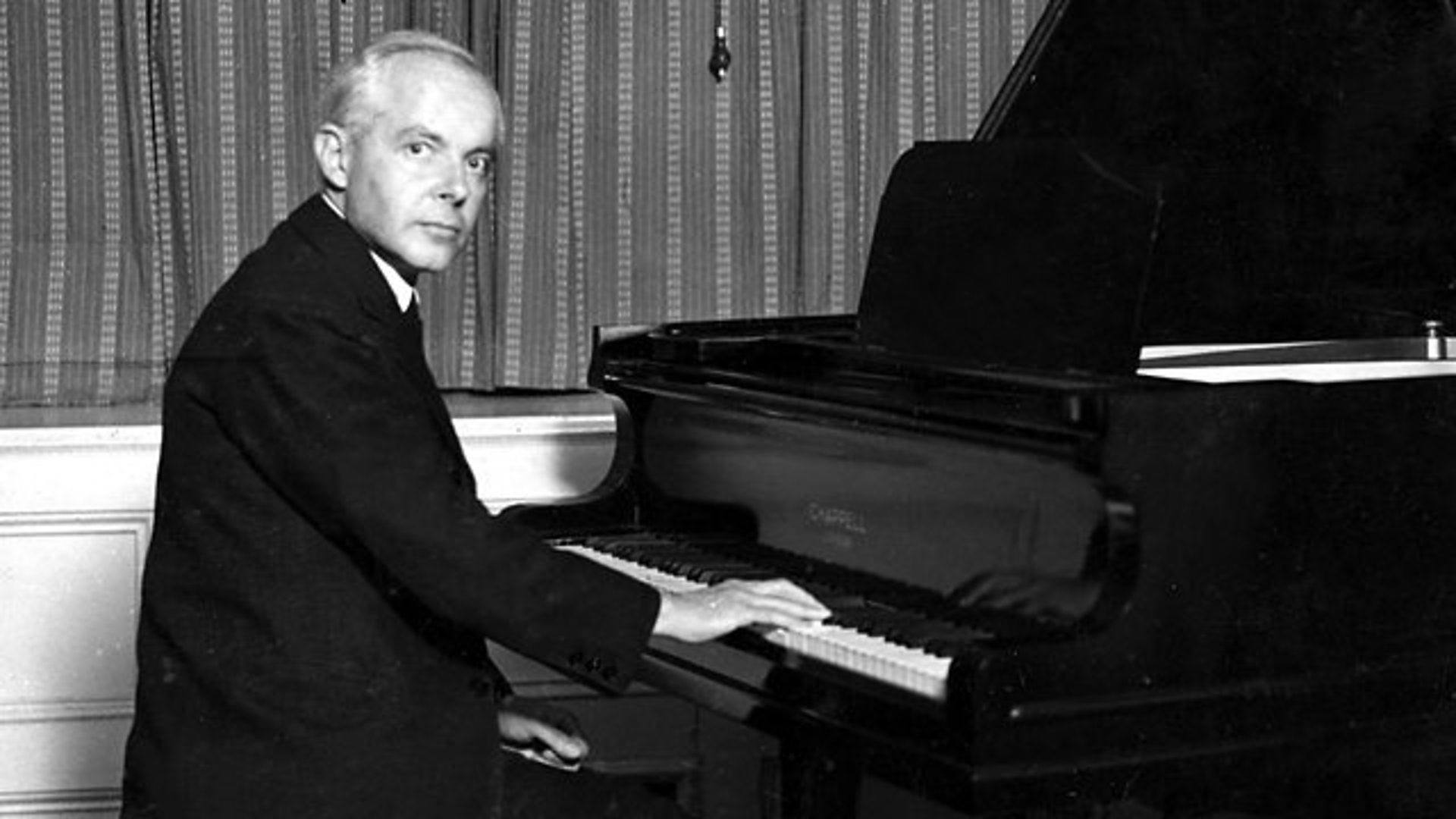Ligeti’s Etude No. 5, “Arc-en-ciel,” Khatia Buniatishvili
György Ligeti composed a cycle of 18 solo piano études between 1985 and 2001. Étude No. 5 from Book 1 is titled Arc-en-ciel, or “rainbow.” Its lines rise and fall in glistening, ephemeral arches of color and light, and ultimately evaporate. Ligeti provides the additional marking, Andante con eleganza, with swing. Ligeti, who has acknowledged the influence of Thelonius Monk and Bill Evans once called Arc-en-ciel “almost a jazz piece.” The hazy, magical vocabulary of jazz …







